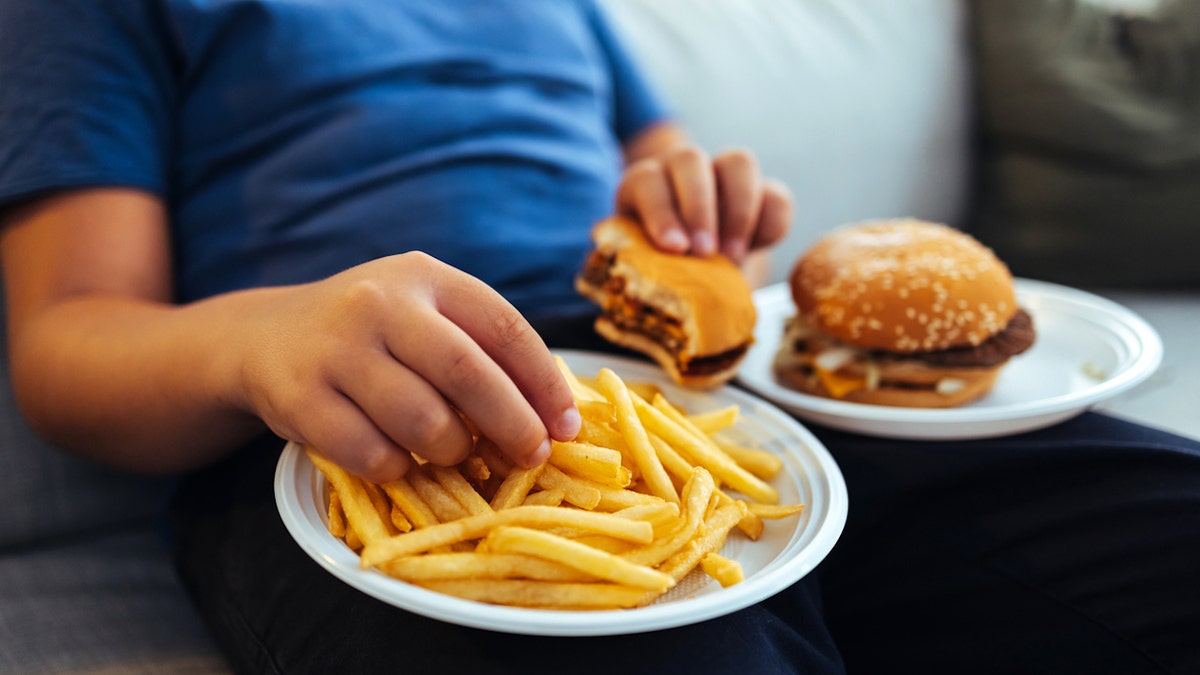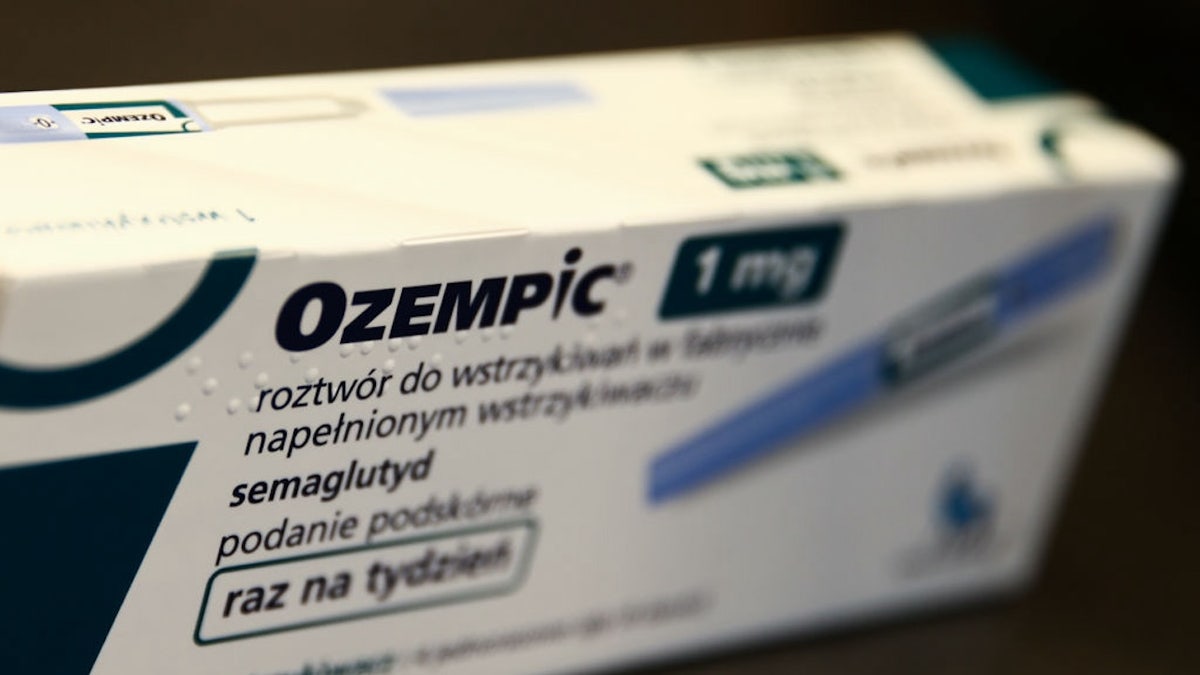Young people with obesity should receive intensive behavioral counseling, according to a major health agency.
The US Preventive Services Task Force (USPSTF) conducted a systematic review of various types of weight management interventions — including behavioral counseling and prescription medications — for kids and teens aged 6 and older.
The official recommendation was published in JAMA on Tuesday.
SEVERE CHILDHOOD OBESITY HAS INCREASED IN THE US
The task force stated that people in this age group with a high BMI (95% or greater) should receive at least 26 hours of “comprehensive, intensive behavioral interventions.”
“The USPSTF concludes with moderate certainty that providing or referring children and adolescents 6 years or older with a high BMI to comprehensive, intensive behavioral interventions has a moderate net benefit,” the recommendation stated.
WEIGHT-LOSS MEDICATIONS ARE NOT EFFECTIVE WITHOUT ‘NUTRITION THERAPY,’ EXPERTS SAY
“Therefore, clinicians should provide those with a high BMI with such interventions or refer them to appropriate health care professionals.”
Approximately 19.7% of U.S. children and adolescents between 2 and 19 years of age have a body mass index (BMI) at or above 95%, according to data from the U.S. Centers for Disease Control and Prevention (CDC).

BMIs tend to rise with age and in certain ethnic groups, including Hispanic/Latino, Native American/Alaska Native and non-Hispanic Black children and adolescents.
Youth from lower-income families are also more likely to have obesity, per the CDC.
While BMI is an “imperfect measure” of obesity, the task force noted that most children with a BMI above 95% will have obesity, while few children with a BMI below 85% will fall in the obese category.
‘A gateway disease’
Dr. Brett Osborn, a Florida neurologist and longevity expert, is not affiliated with the USPSTF, but offered his reaction to the new guidance.
“This recommendation is not just a guideline; it’s a call to action,” he told Fox News Digital.

“Early recognition and intervention are critical to curbing a potential lifetime of health problems.”
Obesity can be seen as a “gateway disease,” according to Osborn, linked to many other non-infectious, age-related diseases, including type 2 diabetes, hypertension, heart disease and even certain cancers.
CLICK HERE TO SIGN UP FOR OUR HEALTH NEWSLETTER
Osborn agreed that the recommended behavioral interventions are “vital” in helping young individuals adopt healthier lifestyles.
“These interventions focus on supervised physical activity (supplanting mobile phone usage with structured exercise), healthy eating education and behavior change techniques,” he said.

In addition to behavioral changes, Osborn recommends incorporating medications like GLP-I agonists — such as Ozempic — as a “necessary boost” to kick-start weight loss.
“These medications can be particularly beneficial when behavioral interventions alone do not suffice, helping adolescents gain the momentum needed to adopt and maintain healthier lifestyles,” Osborn said.
For more Health articles, visit www.foxnews/health.
“Just as we once revolutionized public health by combating infections, we must now focus on preventing and managing obesity to stave off a cascade of future diseases.”
Read the full article here











